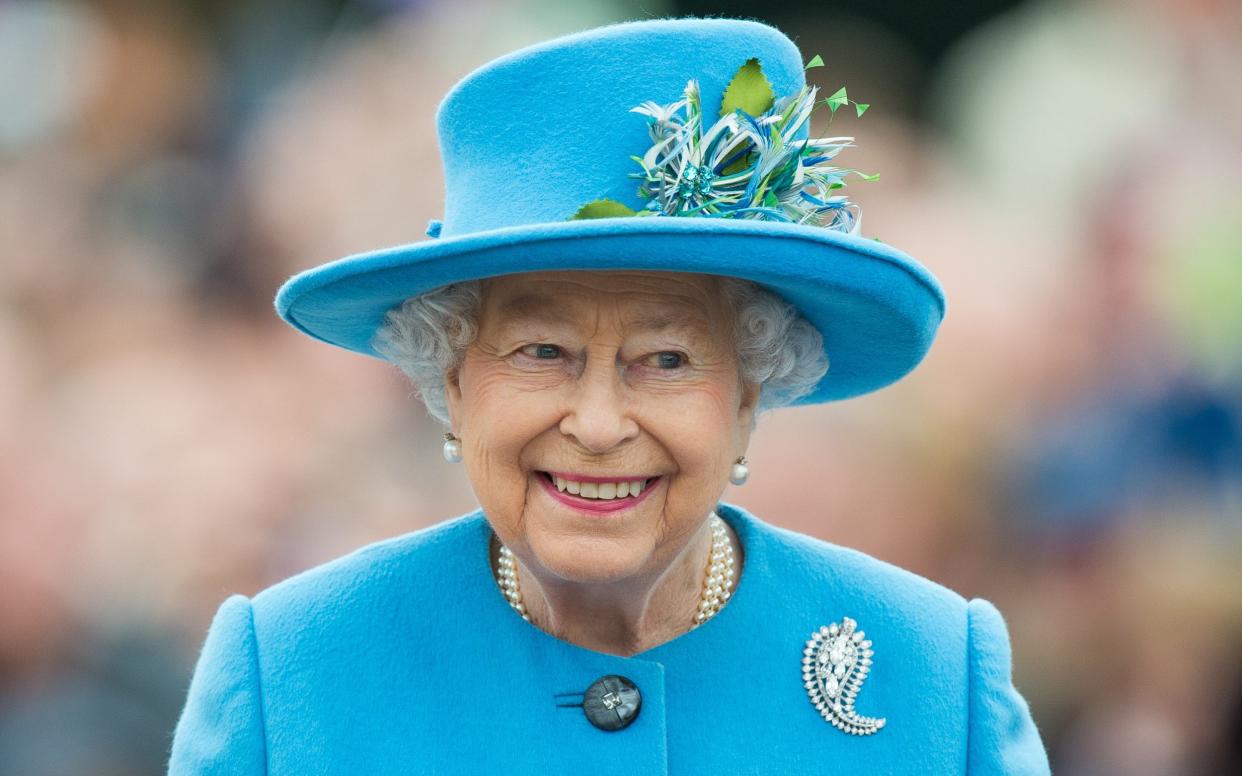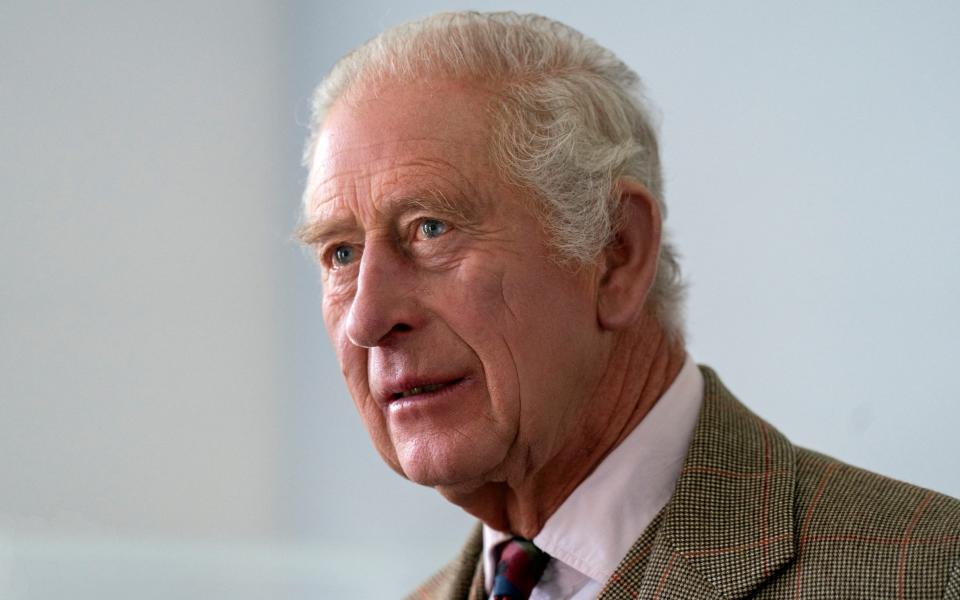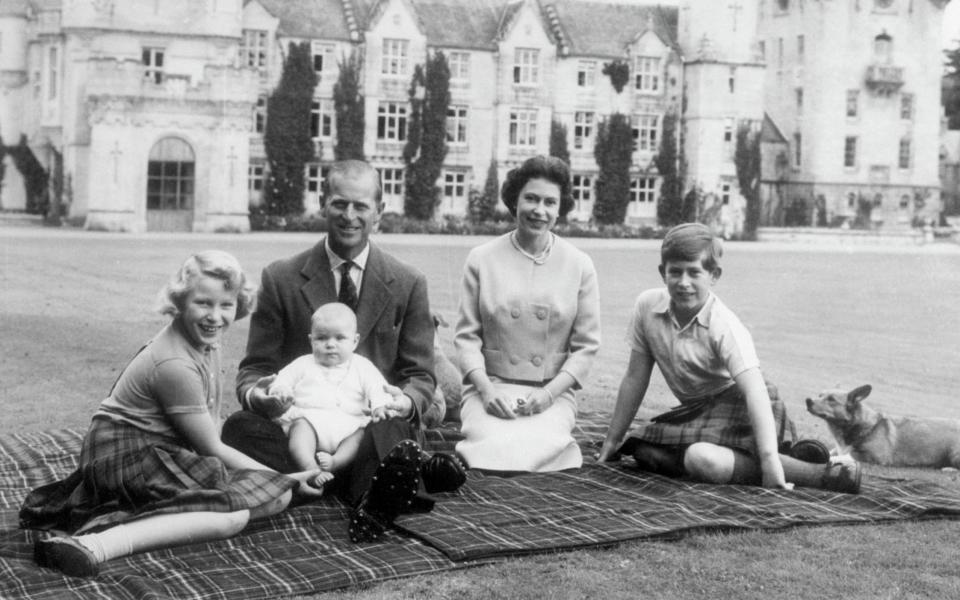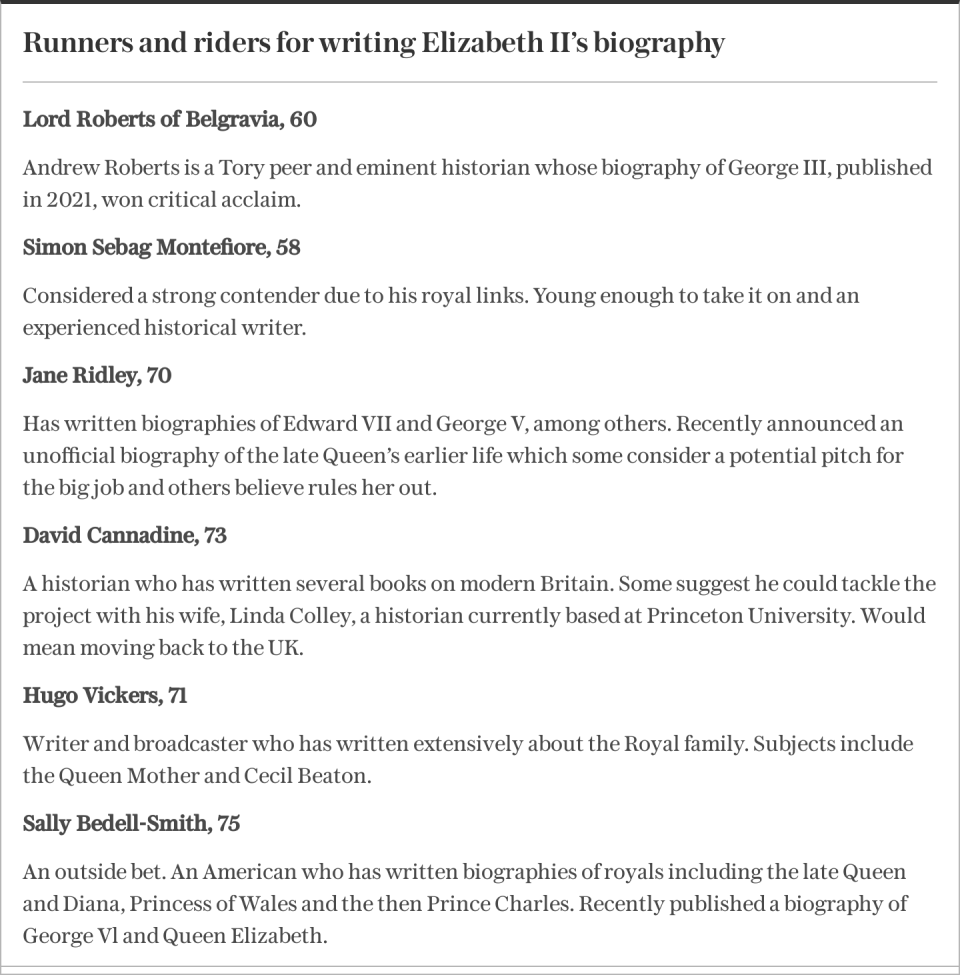King Charles may delay late Queen’s biography to avoid Princess Diana controversy

It will be the most extraordinary biographical undertaking.
The search is on to find a suitably eminent historian capable of writing Elizabeth II’s biography, with soundings currently being taken at the highest level.
But many believe that such an intimate exploration of the late Queen’s innermost thoughts would not be welcomed by her eldest son and heir, who may prefer to kick the project into the long grass.
Robert Lacey, the royal historian, said: “Any serious book has to examine the more difficult aspects of the King’s relationship with his mother. That’s why I wonder whether it can possibly be published in his lifetime.
“The years of real crisis in the Queen’s reign revolved around the breakup of Charles’s marriage to Diana. There is the testimony of a private secretary that the Queen told Charles she wanted ‘nothing to do’ with Camilla – whom she described as ‘that wicked woman’ – and that Prince Charles himself was close to tears over this.”
He added: “I can’t see any way that the candid verdicts on Prince Charles among some very senior figures in the palace and No 10 during the monarchy’s dark days of the 1990s can possibly be published during his reign.”

There are several aspects of the project that could prove problematic for King Charles, events that can hardly be skirted over in an official biography.
Chief among them is the breakdown of his own marriage to Diana, Princess of Wales but there is also the downfall of his younger brother, the Duke of York, and the noisy exit of the Duke and Duchess of Sussex.
Other potentially sensitive topics include the late Queen’s opinions about her elder son’s lifestyle, his staff and spending habits.
The Duke of Windsor’s dealings with the Nazis and Lord Mountbatten’s sexual preferences may also prove contentious.
One way of avoiding some of the more recent controversies in the shorter term would be to commission more than one volume.
Some historians believe it could be divided by time, with the earlier part of her 70-year reign syphoned off to be published first.
The project could also be split by theme, with separate volumes on the Commonwealth or the Queen’s love of horse racing, for example.
Two official biographies were commissioned for George V. King George V: A Personal Memoir by John Gore was published in 1941, followed by Sir Harold Nicolson’s George V in 1952.
Sir Harold touched on the difficulties faced by authorised royal biographers in his diaries, writing of his instructions from Sir Alan Lascelles, George VI’s private secretary: “I should not be expected to say one word that was not true… All I should be expected to do was to omit things and incidents which were discreditable.”

The author chosen to document the late Queen’s life will be under no illusion of the fine line between adhering to royal sensitivities and the need to preserve their own professional reputation.
There are several names in the frame; among them, the historians Simon Sebag Montefiore, Lord Roberts of Belgravia and Sir David Cannadine.
But many believe that the King, who will have the final say, might prefer to hand the reins to a younger author, or for the first time to a female or someone from an ethnic minority.
As such, historian Jane Ridley, who has written biographies of Edward VII and George V, has emerged as a potential frontrunner.

Andrew Lownie, the royal biographer said: “Traditionally the official lives have gone to an established and establishment historian who understands the constraints within which he – until now it has always been a him – must work.
“I suspect ‘soundings’, though quite with whom is a mystery, will be taken and there is a good chance that for the first time a female royal biographer will be chosen, certainly for Queen Elizabeth ll.”
He added: “Whoever is chosen is guaranteed a bestseller though subject to some ‘oversight’.”
Mr Lacey joked: “If you’re a Saturday night ‘talking head’ you should be automatically disqualified from the job.”
The chosen candidate can expect to be given access to a ranch of private papers, letters and journals.
The King, himself a prolific letter writer, is acutely aware of their significance, once revealing that he encouraged his sons to send letters over texts because “In 30 years time or 40 years time, it becomes fascinating history”.
The late Queen is known to have kept a handwritten diary, once revealing that she wrote in it for around 15 minutes each evening.
But despite routinely penning her thoughts, she opted not to subject herself to recorded interviews as her mother had done.
Queen Elizabeth, the Queen Mother, spent the last decade of her life giving secret tape-recorded interviews for her official biography, disclosing her most intimate thoughts on a range of subjects, from the abdication crisis of 1936 to politicians and other members of the Royal family.
The interviews were carried out by Sir Eric Anderson, her friend and the former headmaster and provost of Eton College, at Royal Lodge, her Windsor home. The material was eventually given to William Shawcross, who was announced as the Queen Mother’s official biographer some 16 months after her death in March 2002.

The late monarch’s biographer will be handed no such treasure trove, and may instead have to rely on the accounts of a dwindling number of friends who knew her well, should they be permitted – and willing – to talk.
Mr Shawcross, who is not in the running this time around, was chosen by the late Queen after Sir Robert Janvrin, her private secretary, drew up a shortlist of candidates.
He was given full access to her personal papers and interviewed both the late Queen and the then Prince Charles for the book, which took almost six years to complete.
The task of presenting a shortlist to the King will now fall to Sir Clive Alderton, his private secretary and Keeper of the Royal Archives.
The chosen author will be keen to ensure their work is similarly respected by academics and historians as by the general public, meaning little should be off limits.
However, there have been murmurings of discontent since it emerged that the King had entrusted loyal Palace aide Paul Whybrew, known as Tall Paul, to sort through his mother’s private papers before they are transferred to the archive.
Some believe he is unqualified to sift through such vital historic documents, fearing that many may be suppressed – or even destroyed – without public knowledge.
However, others insist that he is simply organising the papers and is the “perfect man for the job”. One well-placed source said: “He is intelligent, trustworthy and he knows what he is doing.”
Whatever happens, it is unlikely to be any time soon. “This is something that is way, way down the line,” one royal source admitted.


